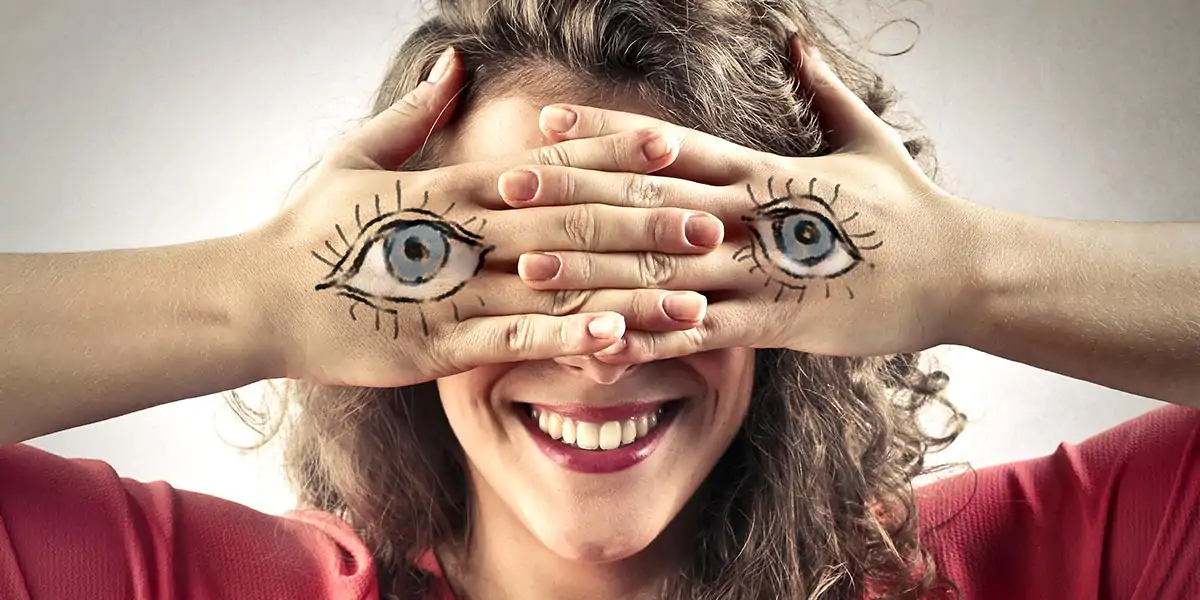“You’ll get square eyes!”
An entire generation of children heard this almost daily from their parents whenever they wanted to do something many kids love — watch television, and for as long and uninterrupted as possible.
However, ophthalmologists are not aware of anyone who actually ended up with square eyes. Still, many people do experience burning eyes after sitting for hours in front of a TV or computer. This happens because the eyes blink less in such situations. Blinking normally spreads the tear film over the surface of the eye, and when you blink less, that doesn’t happen as often, so the eyes become irritated more quickly. This usually does not lead to lasting problems, though it can be an issue for people who are already prone to dry eyes.
The distance from the screen does not play such a big role that sitting close would, by itself, cause vision problems. However, the tendency to sit very close to the TV can indicate an existing visual impairment. In that case, an appointment with an ophthalmologist should be made.
As a general rule, it is advisable to take a child to an eye doctor between the ages of two and three to check for vision defects. Before that, in very young babies, it can still happen that they squint because their vision has not yet fully developed. From the age of two, however, if children squint, it is important to visit an ophthalmologist: the earlier squinting — the medical term is strabismus — is detected, the better it can be treated. Treatments are usually nothing for a child to fear: most often, a patch is placed over the healthy eye so that the child trains the other eye more and learns to use it better. Or the child receives glasses. In that case, parents must ensure the child wears them consistently, as treatment success depends on it.
For adults, the situation is different. It is normal for vision to decline with age. If an adult gets glasses and then does not wear them often, it does not make the vision loss worse. Of course, it is still unhelpful, since the glasses were obtained to correct an already existing visual defect.
Finally, another myth should be corrected here: when children roll their eyes or squint on purpose, some parents warn that their eyes could get stuck in that position. It is unclear where this claim comes from. There is not a single documented case in which this has happened — unsurprising, since the eye muscles cannot cramp in that way and the eyes therefore cannot remain stuck. On the contrary, children who roll their eyes for making faces or in play actually have particularly good control over their eyes. Only unintentional squinting is truly a concern.
Book your appointment online now.

